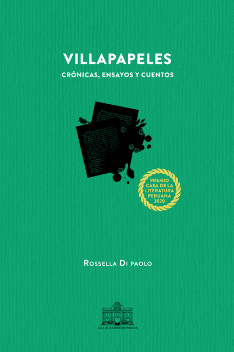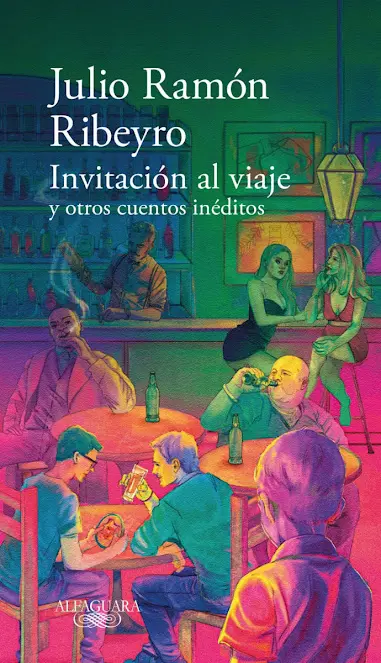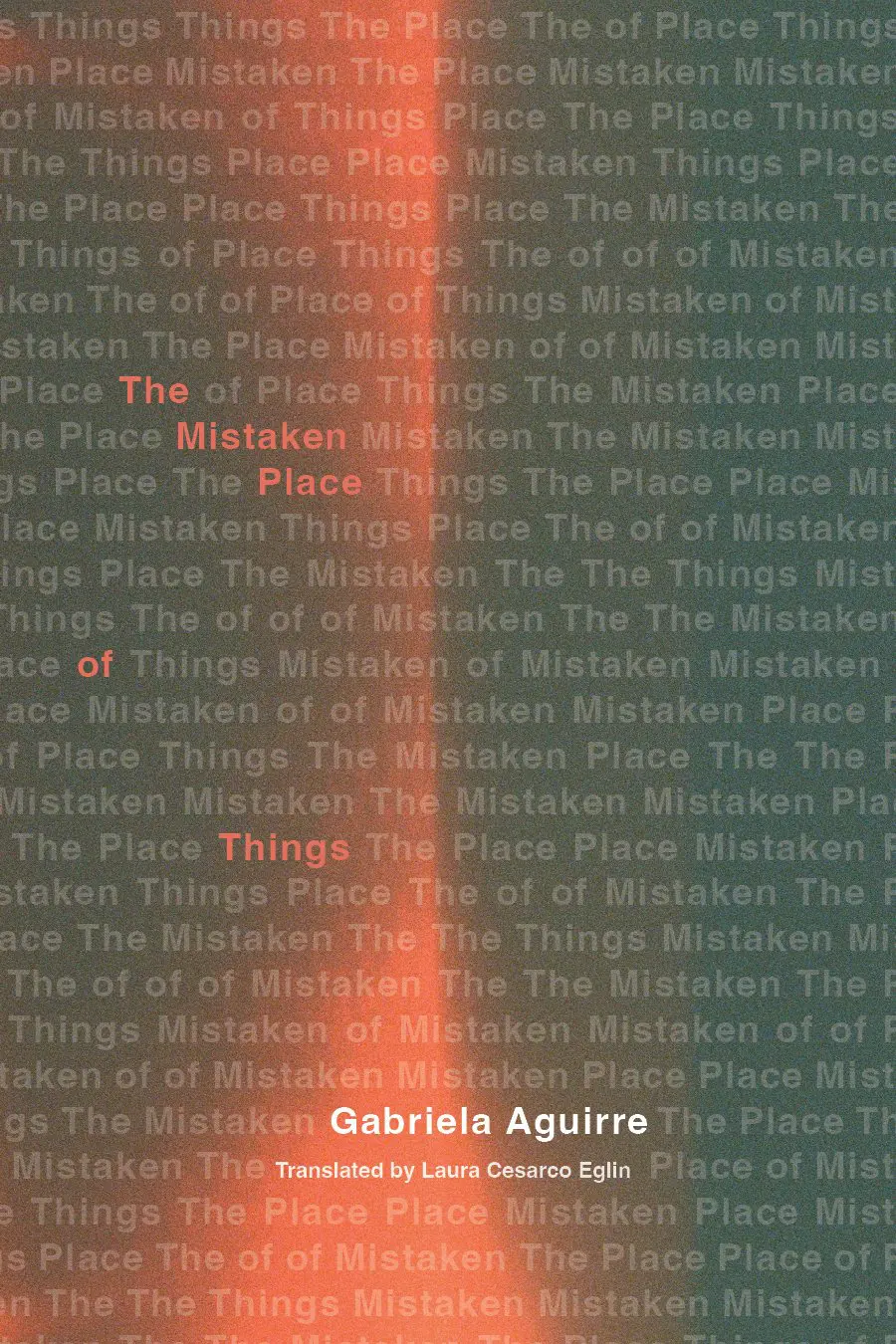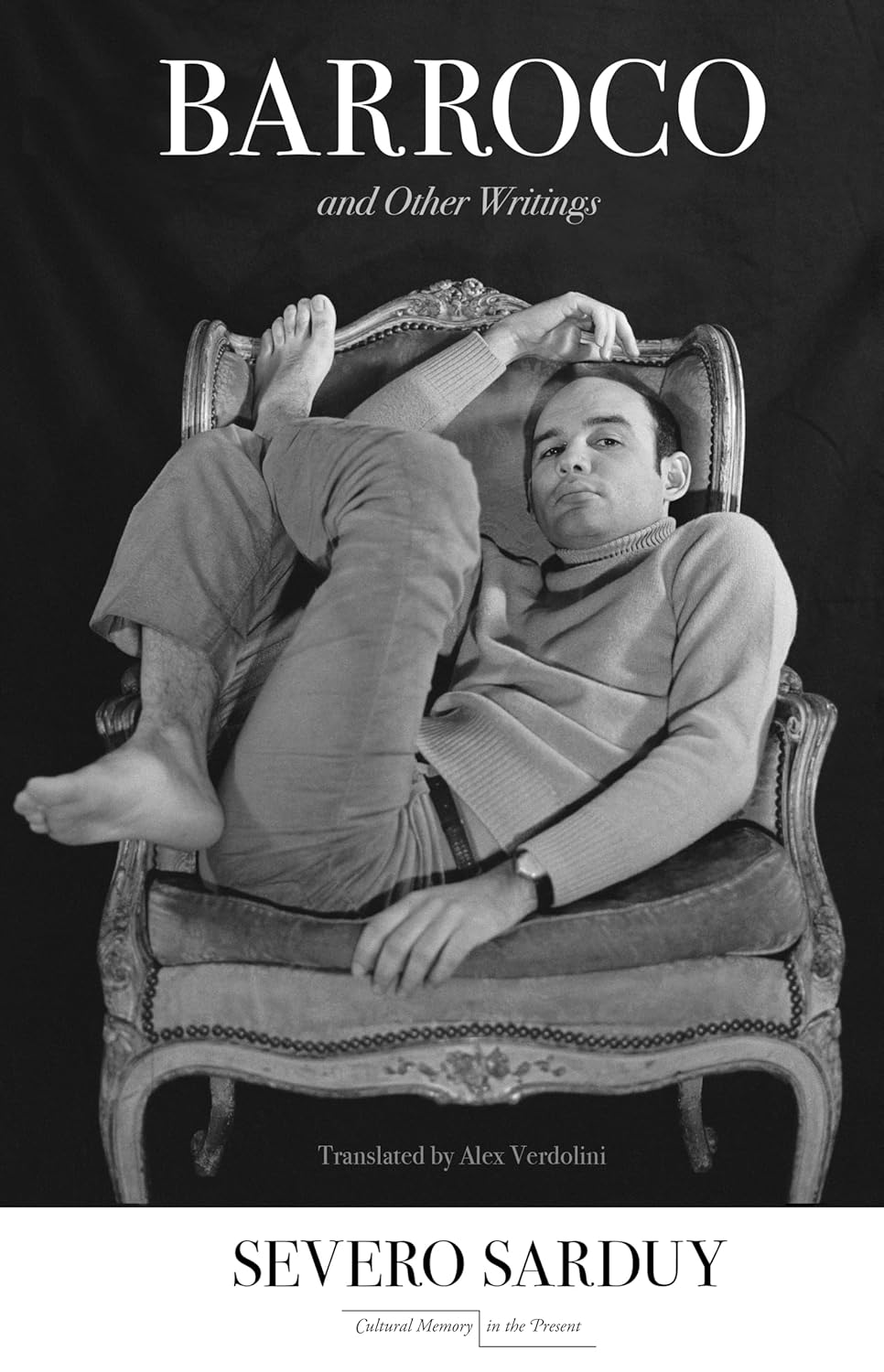98 segundos sin sombra. Giovanna Rivero. Miami: Suburbano Ediciones. 2021. 174 pages.
To escape, to disappear, to make a getaway, to leave, to abandon: this is what the protagonist of Giovanna Rivero’s 98 segundos sin sombra looks to do. Escape is perhaps among the central themes of this stupendous novel, narrated in first person by Genoveva, a teenage girl with a bright, fresh, and biting voice. We hear her through the anarchic entries in her personal diary, hidden in the pages of a hardcover planner, which contains a subjective and personal account of the daily routine of her life. These thoughts desire to leave constancy behind. “The dated trace,” as Lejeune would say. Genoveva’s diary entries lack chronological markers, perhaps as an attempt to reflect the monotony and immobility of her life, which she seeks to endow with meaning and emotion.
This diary is the reflection of a close and watchful search with eyes wide open to observe the external world and then interpret it. It conforms to the mold that Genoveva herself goes about constructing in her own peculiar way of subjectifying what she sees, lives, hears, and feels. This novel offers an undoubtedly privileged vantage point.
Genoveva is an eccentric country girl and an unusual figure in the small and closed-off town of Therox, which teeters on the whims and contradictions of the drug trade. According to Genoveva, Therox exists as if it were an island. She wishes to remove herself from the lack of a future to which she sees herself condemned in this chronotope of weariness, corruption, and banality, represented in the novel as a spiritual bog.
On top of this pseudo-insularity that encloses and cloisters Genoveva is her dysfunctional family: a depressed and bitter father, representing the failure of the fantastical and unsuccessful utopias of the left; and an almost spectral mother, who, after the birth of a son with a developmental disability, retreated into astrological fantasies, long walks, and perhaps an adulterous relationship.
Genoveva only receives misunderstanding and apathy from her parents, whom she wholeheartedly and guiltlessly rejects. But she is not an island like Therox; although scarce, she has some means of communication. However, her conversation partners are afflicted by various illnesses, a bond that simultaneously unites and marginalizes them all (her grandmother Clara Luz, her little brother Nacho, and her friend Ines).
Her grandmother is a sort of good witch who used to combine lachrymose, prayer-filled Christianity with the practice of voodoo. In the novel, however, we find her sick and attached to an oxygen machine, which she uses as a respiratory cane to hobble through her worn-out last days. Genoveva helps to free her from this pulmonic “soul prison.”
Nacho was born with a developmental disability that detaches him from the world and binds him fiercely to his sister. She loves him with devotion. Ines, another main character, bestows an almost metaphysical nature upon her eating disorder, which Genoveva does not challenge or judge.
Illness, a burden of the bodies in which they reside, functions for these characters as a form of innocence, a passage whose journey purges the organism, leaving the immaterial “I” alone and cleansed.
Clara Luz, Nacho, and Ines are a triangle of love that Genoveva will somehow attempt to take with her when she decides to begin her escape and distance herself from the stifling desert of Therox.
Ultimately, “away” is presented as the only viable destination for the characters that march to the beat of the same drum as Genoveva. The disappearance that Ines pursues is literal, and bulimia is the path that will help her to unpeel herself from a body that keeps her trapped.
The body is also a burden for Clara Luz, who must abandon her corporal self because it is no longer useful to her. It has served her well. It will not be difficult to free Clara from her damaged prison. Genoveva salvages a lock of her white hair (a feminine symbol, discolored by age) from Clara Luz’s body to take with her. In Ines’ case, there is very little substance left, and in one last act of loyalty to her friend, Genoveva takes with her only a replica, a little doll without a mouth (it cannot speak or eat) that Ines made of herself. The protagonist will take her brother, who is small and a part of her (according to him), on this transcendental trip that she hopes to embark on so as to remove herself from Therox.
Genoveva writes in her diary that her need to go abroad is increasing. For her, abroad represents a place without restrictions and with options, a place where real work exists (in Therox, all work has been devoured by the jaws of “the business”). She transforms “abroad” into a stage for illusion, dialogue with others, and the place where she can be more than a young misfit obsessed with maniacally counting the seconds that make up those insignificant events that push life forward.
Therefore, when her path crosses with Master Hernán—a sort of helmsman and guide in astral knowledge—Genoveva gives concrete form to her escape plan, setting her sight on Ganymede, in whose teachings she has been initiated by the guru and spiritual counselor.
Genoveva finds the answers to life’s burning questions, and likely a dark and a poorly confessed first love in Ganymede and his teachings. Just like the soul/wife in Saint John of the Cross’s cryptic poem, “In the dark of night/ aflame with the craving of love’s fire/… I left when no one noticed/ while my house was hushed in sleep,” Genoveva embarks on her escape (perhaps also another first step towards the path of mysticism, just as in the poem), taking along with her only her little brother and her diary.
From Giovanna Rivero’s masterful and able hand, we share a few months with Genoveva in her last year of high school as the moment to abandon home arrives. At this Catholic high school, invisibility is her best option. We share the reflections that rouse her classmates, her professors, her parents, and her grandmother. We share all that she loves, hates, or doesn’t understand. We are by her side as she nourishes her growing desire to flee, to disappear, just as her shadow does during those 98 seconds of pure and absolute happiness when the light swallows the reflection that her body projects onto the ground.
In this moment when there is nothing, not even one’s own shadow, happiness is born. To achieve it, one’s own shadow must be done away with; it is no more than a reflection of the body in the instant that it has intercepted and robbed the sun, the very giver of light itself. The moment when the body and the nothing are one (like the lovers in the saint’s poem) is the totality of the self. And it barely lasts 98 seconds. Doubtless, this disappearance, the transformation of the self into nothing, is synonymous with happiness and fullness for Genoveva, even though it lasts for such a short time.
Anabel Gutierrez León
Translated by Daniel Hurwitz-Goodman
Middlebury Institute of International Studies







